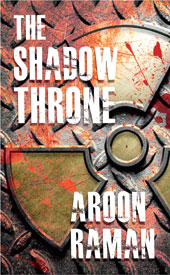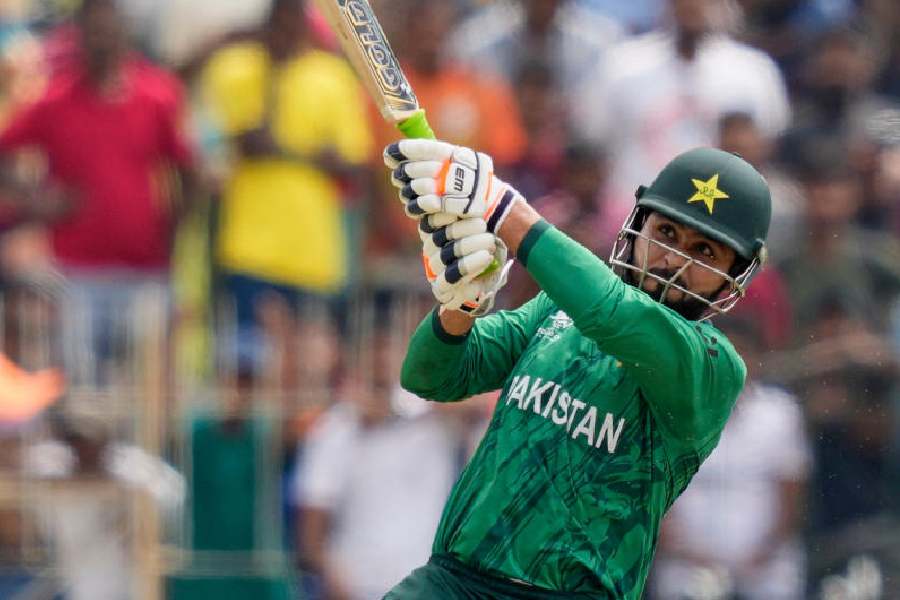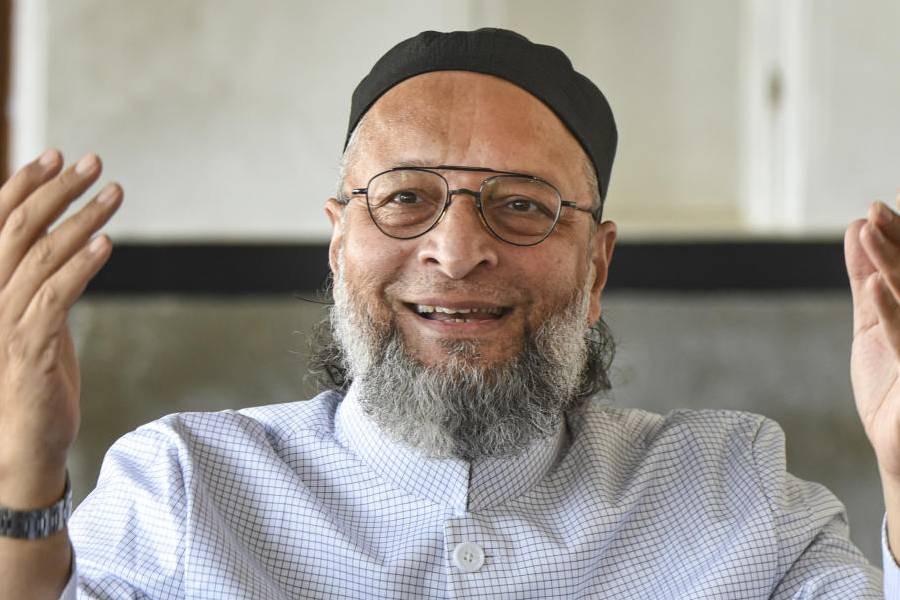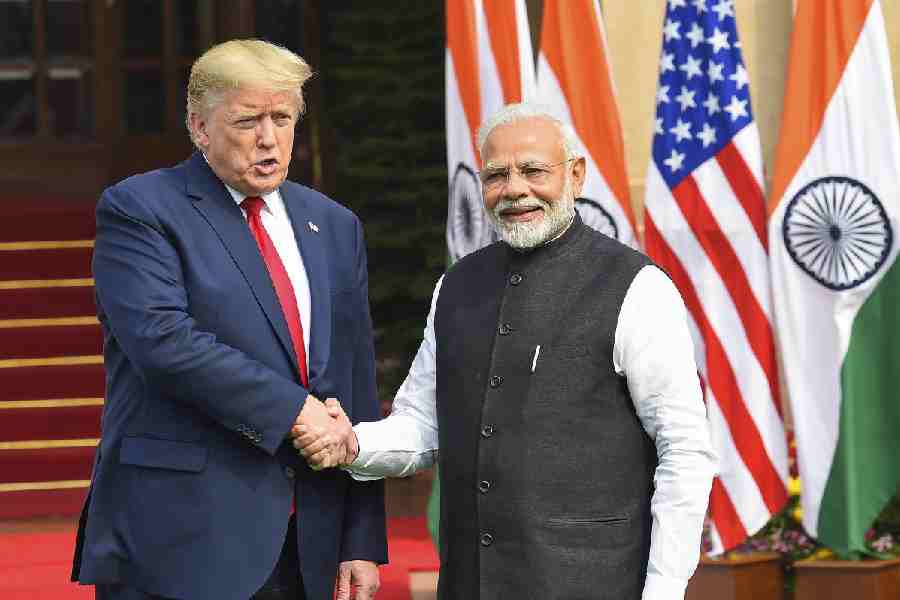 |
Title: The Shadow Throne
Author: Aroon Raman.
Published by: Pan Macmillan, India.
Price: Rs 250.
The Shadow Throne is possibly amongst the best in Indian fiction to hit the bookstores this year. Aroon Raman’s debut novel takes off from the crowded bazaars of old Delhi and races through the barren landscape of mountainous Afghanistan to a pulsating finish that keeps the reader glued till the last page.
The story begins with a mysterious murder at the Qutub Minar (picture below right), the world’s tallest brick tower at nearly 240ft. The victim is a giant white male with a classical Greek face and a trident tattooed on his forearm. He seems to have been thrown off the top of the Minar. But it would require another giant to achieve that feat!
Maverick inspector Syed Ali Hassan of Delhi police seeks the help of ace journalist Chandrasekhar but the case is soon snapped up by RAW (Research and Analysis Wing, the ultra-secret service agency of Indian intelligence). Chandra and his charming friend, history professor Meenakshi Pirzada, soon find themselves in the midst of a deadly game leading to the prospect of a nuclear holocaust in the subcontinent.
Into the plot of secrets and codes steps in another shadowy entity, the ISI — Pakistan’s secret service agency. Gul Mohammad of the ISI, in his desperation to prevent a nuke attack, is forced to seek the help of Hassan and Chandra, who end up travelling incognito to Afghanistan.
But is Hassan the upright cop he seems to be? In the arid mountains of Afghanistan, a shadowy sect is meanwhile getting ready for rebellion, to form an independent Shia Islamic state.
Will Chandra be able to avert the nuclear disaster? Can Hassan really be trusted? Can they fight the rogue elements in RAW and the demonic cult leader? And Meenakshi, what will be her fate, now that she’s in the custody of ruthless Indian intelligence agencies?
Aroon Raman has woven a taut story, set in the present uncertain political climate, with a weak central Indian leadership reeling under charges of corruption and the peace of the subcontinent being threatened by hardliners and fanatics in the Indian and Pakistani establishments, who have access to nuclear weapons. It’s a thrilling tale which I am certain most readers will devour in a single sitting.
Aroon Raman ran a company that made electrical insulating materials but in 2007 this JNU-Wharton Business School grad sold it off to “pursue my passions”. Today he treks, travels and writes, besides doing research in material sciences. Last month, he came out with his first novel, The Shadow Throne. t2 caught up with the Bangalore-based 52-year-old for a quick chat over phone.
 |
How did The Shadow Throne come about?
It’s my first novel. I wanted to write a thriller because there aren’t that many Indian thrillers around. We’ve got a lot of literary fiction but not that much of Indian thriller writing. The Shadow Throne came out of a perception that a recent, India-centric thriller novel would have an audience.
So, how’s the book doing?
As it turns out, we’ve been surprised by the response. In the week that ended September 15, we were at No. 8 on the Indian bestseller list. So, we’re in the top 10, though I’m a debut writer. Things are looking very, very promising right now.
One can assume you are a fan of thrillers and crime fiction?
Yes, yes. Since I was very young, I’ve read Sir Arthur Conan Doyle. Not only Sherlock Holmes, he wrote all sorts of stories — horror, terror, adventure, historical fiction and so on. So Conan Doyle was obviously one of my icons but I also read these Victorian adventure writers, like Sir H. Rider Haggard. He wrote King Solomon’s Mines. They were followed by a host of thriller writers of the last 20 years — Ken Follett, Jeffrey Archer, Peter ’Donnell, who wrote the Modesty Blaise series, then Caleb Carr....
I also read sports non-fiction and some literary fiction, so it’s like a mix.
You’ve set your story in India-Pakistan-Afghanistan. Weren’t you apprehensive of flying into a controversy?
Yes, it’s a sensitive topic, but it’s also very relevant. Today even if you look at Bollywood, say Ek Tha Tiger or Agent Vinod, there’s a lot of stories being told around the ISI and RAW and such agencies. To me, the post-Bin Laden phase, that is May 2011, when he got assassinated, is very interesting. Pakistan went into shock, India was having some serious concerns, which continue even today, in terms of government, issues of corruption, etc. So, I felt the ground was very fertile. Also, I wanted to write something believable.
For example there’s a ‘Da Vinci’ element in the book — I mean, people say there is — and one of the protagonists, Meenakshi, cracks a code written in an ancient Indian Buddhist text. But that’s a fact. You can actually go to the translation of the Milindapanha script, see the sequence of those letters and that they are actually numbers. My book’s fiction, even fanciful in parts, but it’s also grounded in facts.
Who do you think is the reader of this book?
We ran the advanced manuscripts through all kinds of demographics, youngsters ranging from the age of 18 to people who are around 60. The thing about the thriller is that it’s pretty universal, compared with other types of writing. We’ve had positive responses from people as young as 16 all the way up to those in their late 50s and 60s, and from both genders.
And you are here to stay as a writer?
I think so. Because I enjoy writing. I mean, I sold my business in the first place to be able to do a little bit of this kind of stuff. I have a two-book deal with Pan Macmillan. The first was supposed to be an adventure story set in Mughal India. But when Bin Laden was taken out, I think the publishers felt a political thriller would really be an attraction. So I switched to The Shadow Throne, finished it quickly, and now hopefully next year, we will come out with the ‘first’ book.
So you won’t bring back the Chandra-Hassan-Meenakshi team?
No, no, there is already an active discussion on the possibility of a sequel. Plenty of readers have written in to say that they really liked them and can’t wait for their next adventure. And The Shadow Throne ends in a way that leaves itself open to a sequel.
Samhita Chakraborty
Which is your favourite contemporary thriller novel? Tell t2@abp.in










